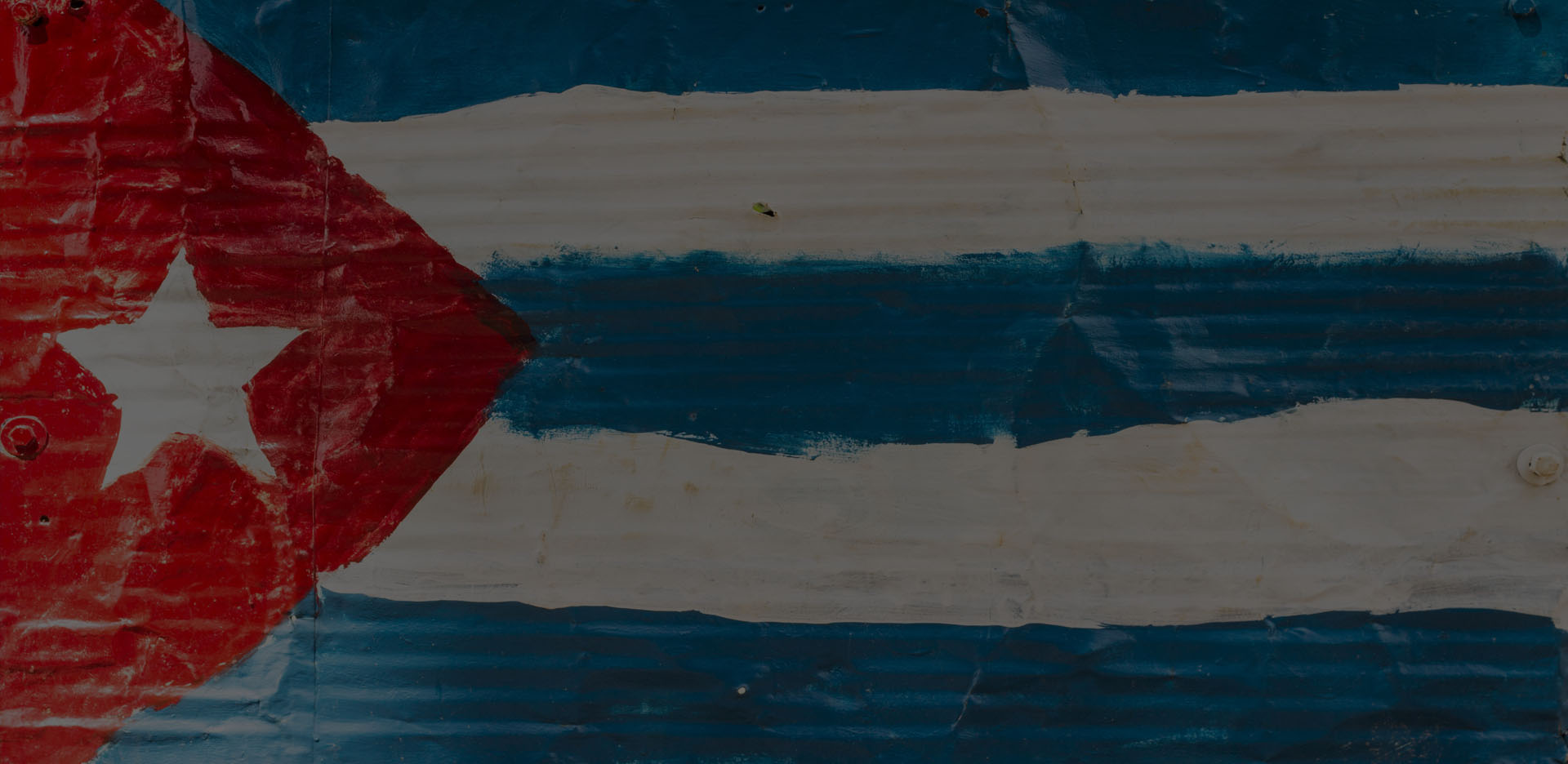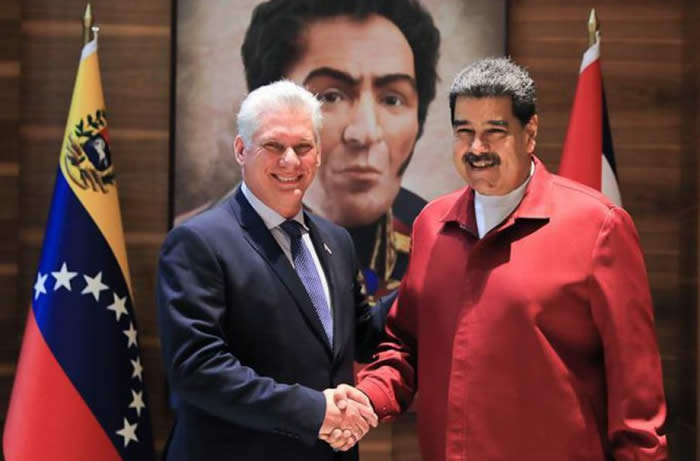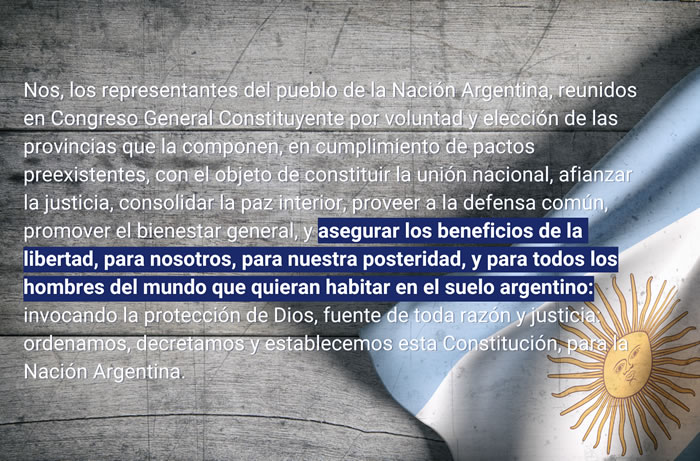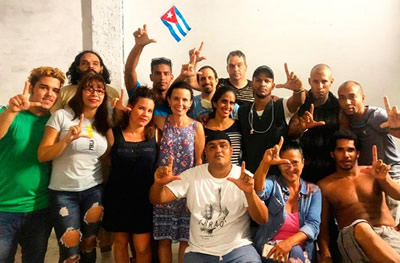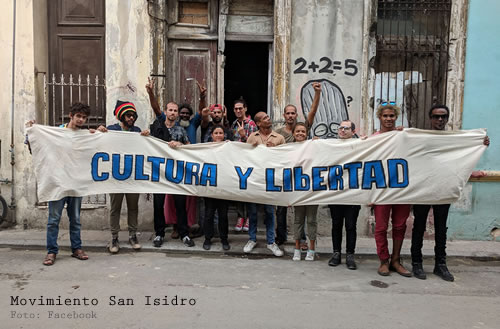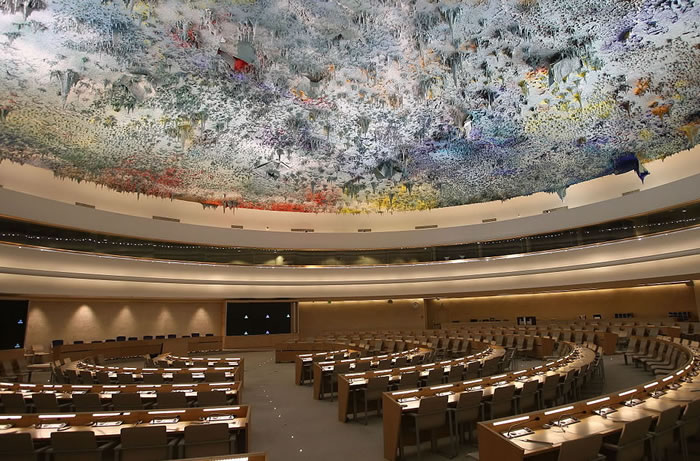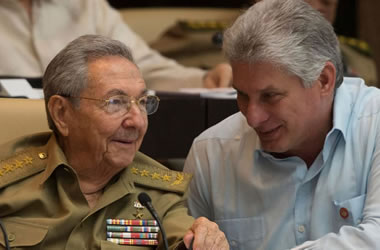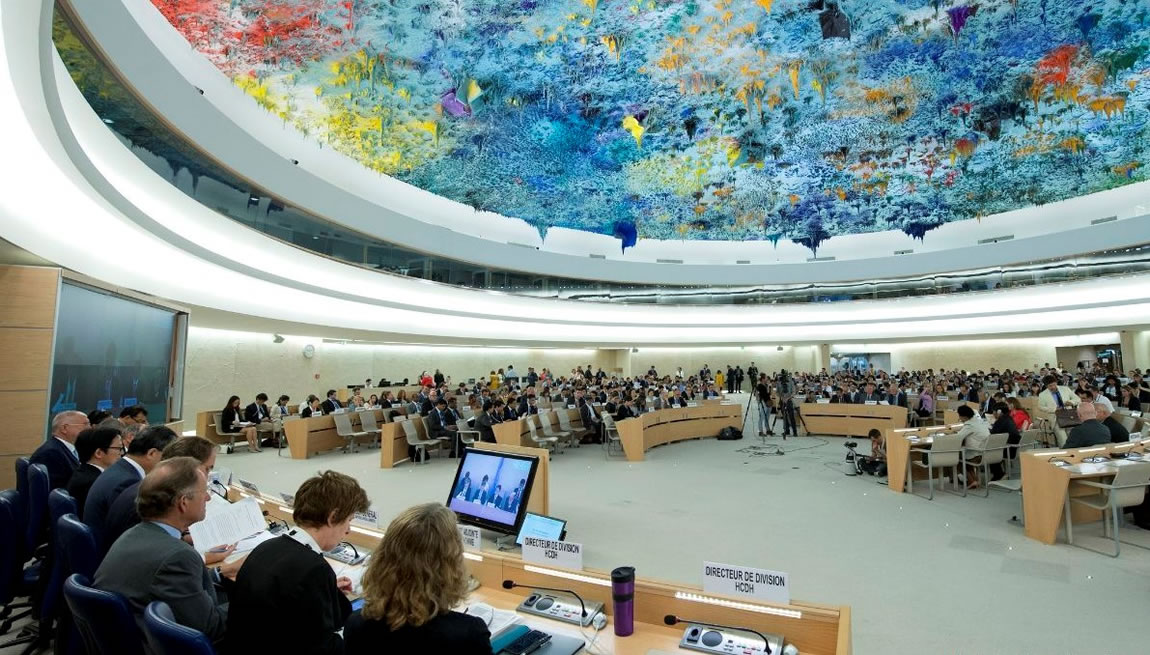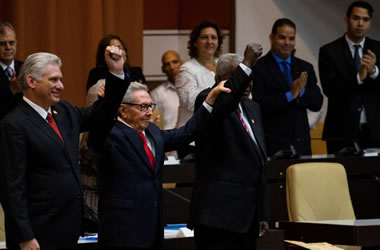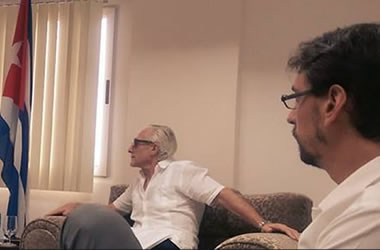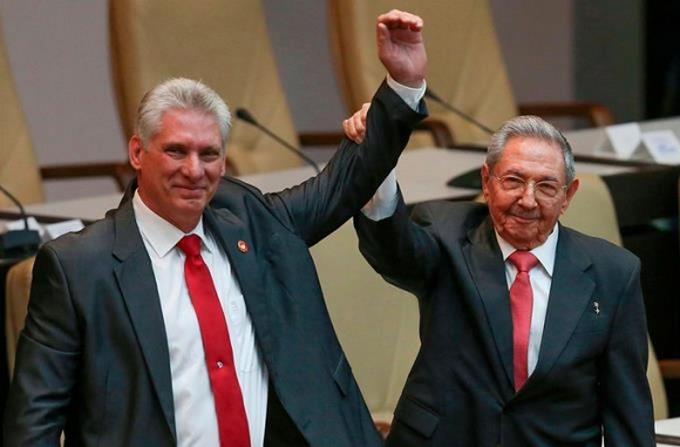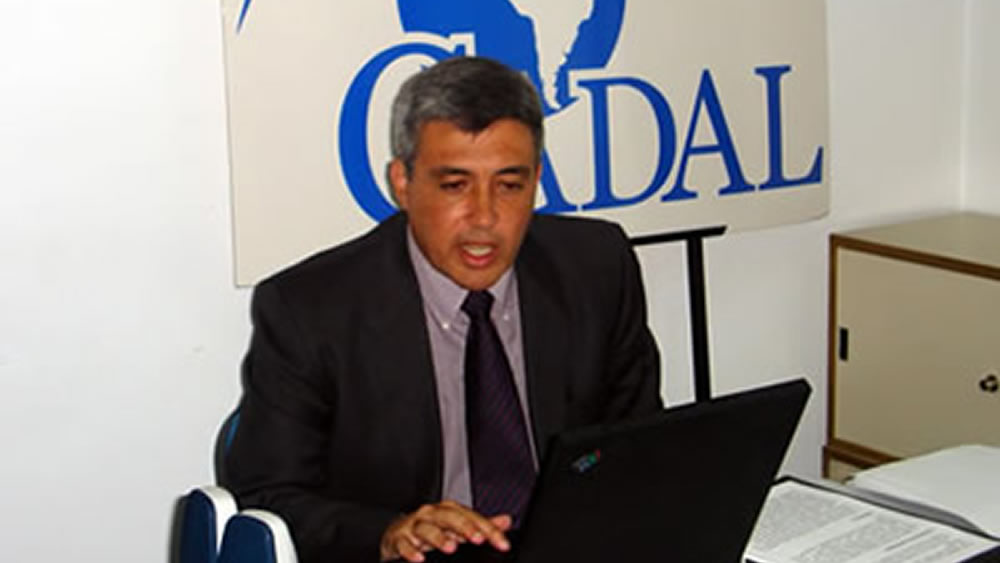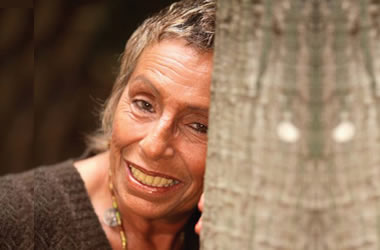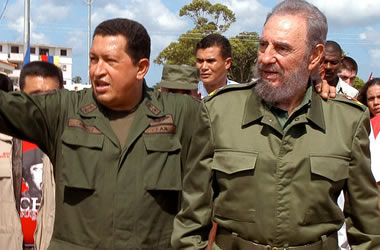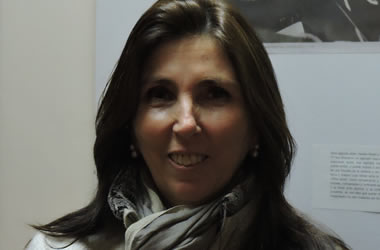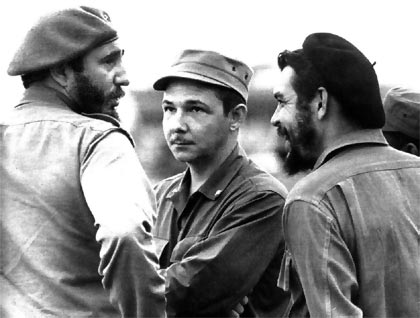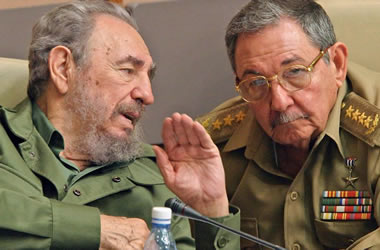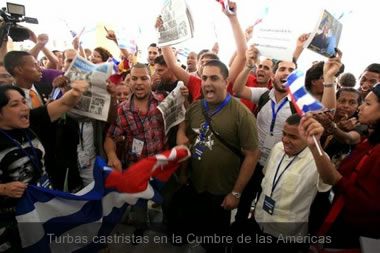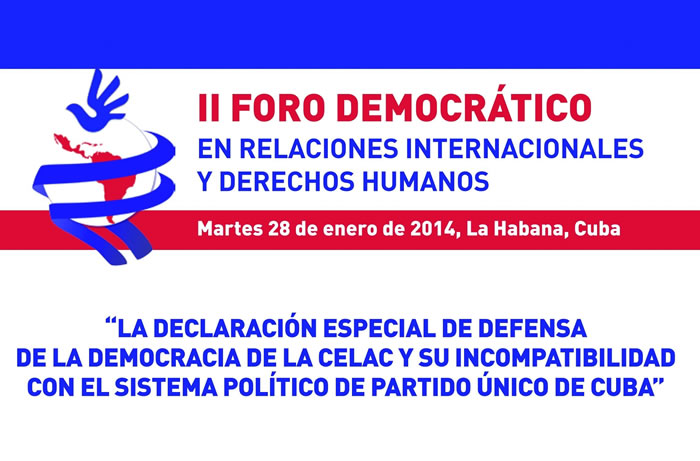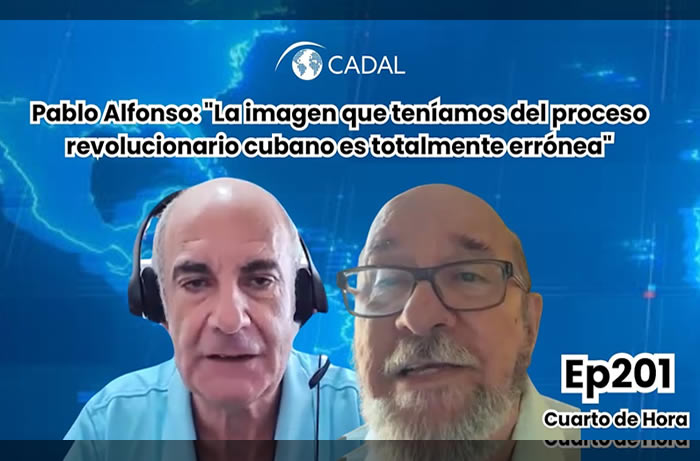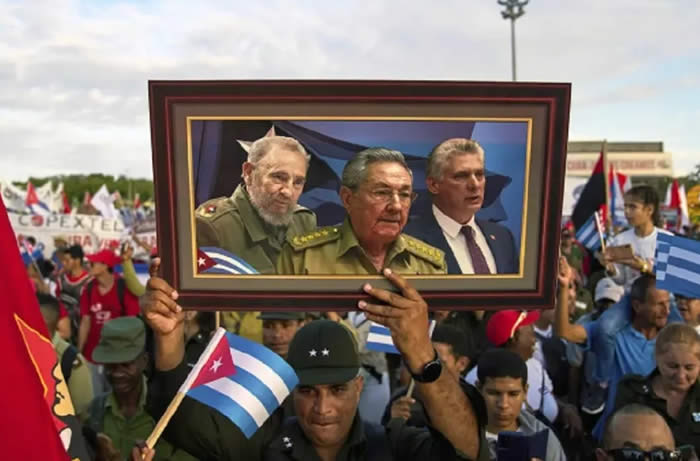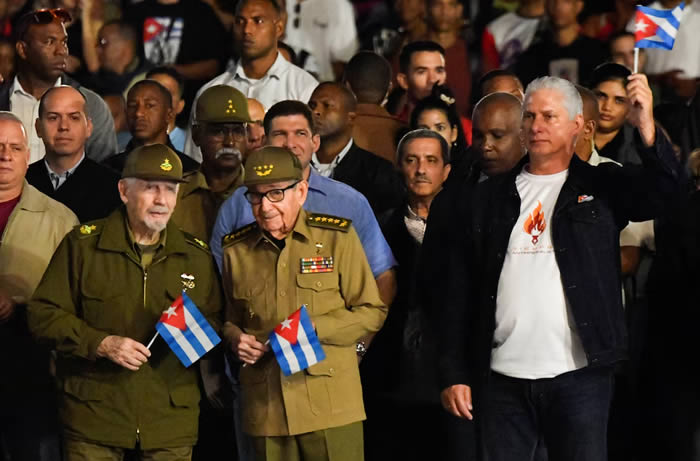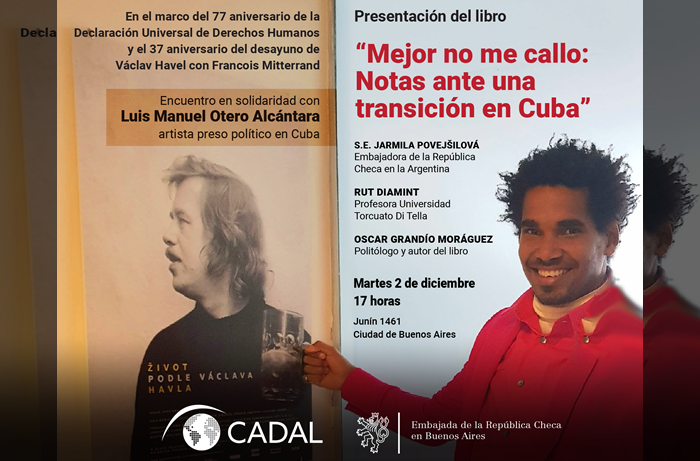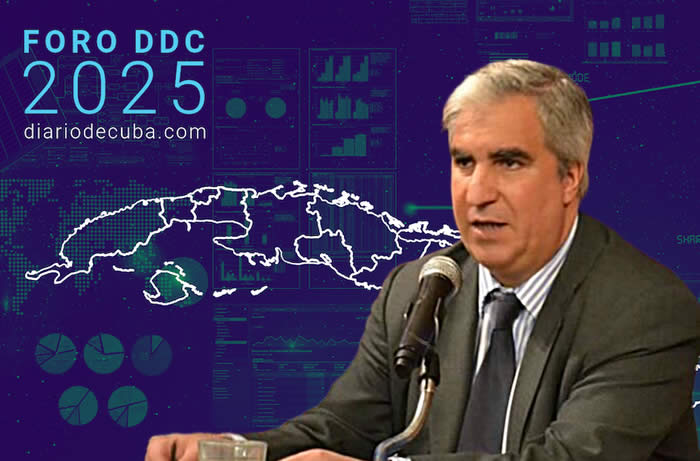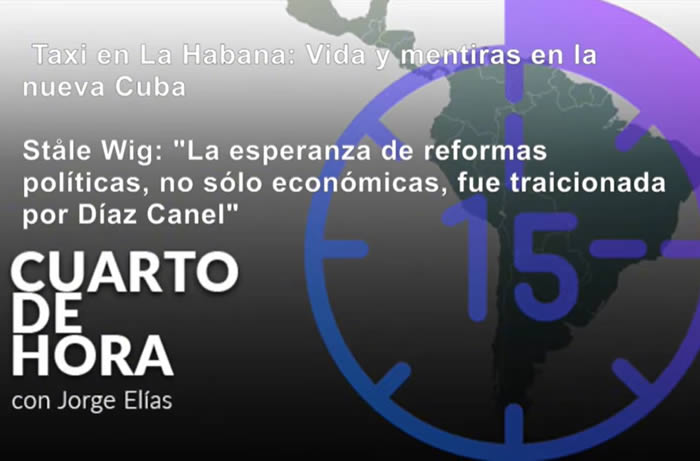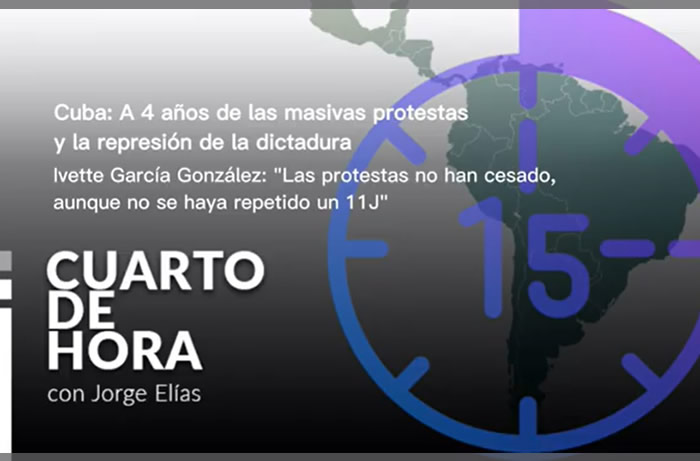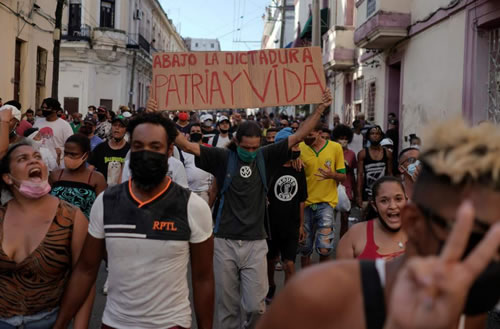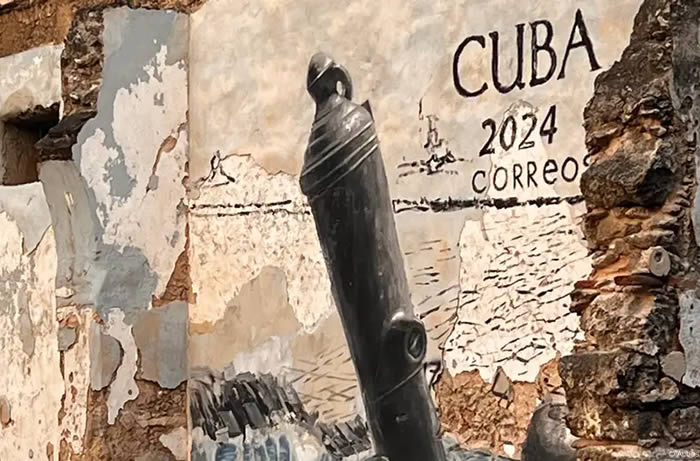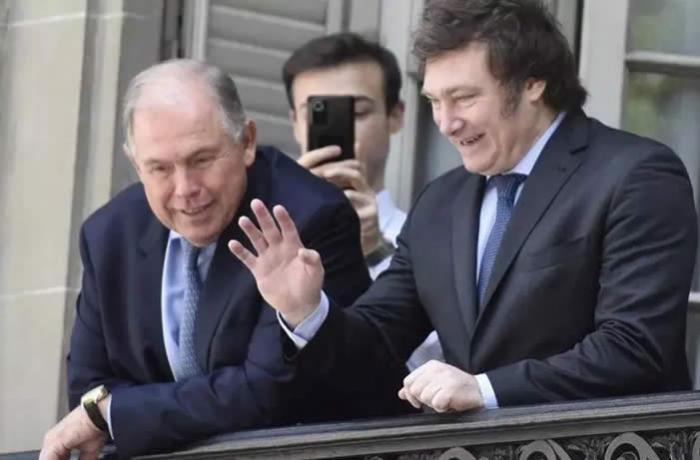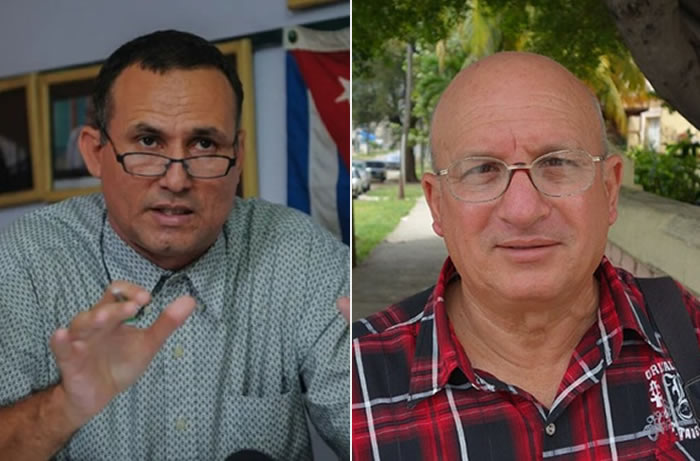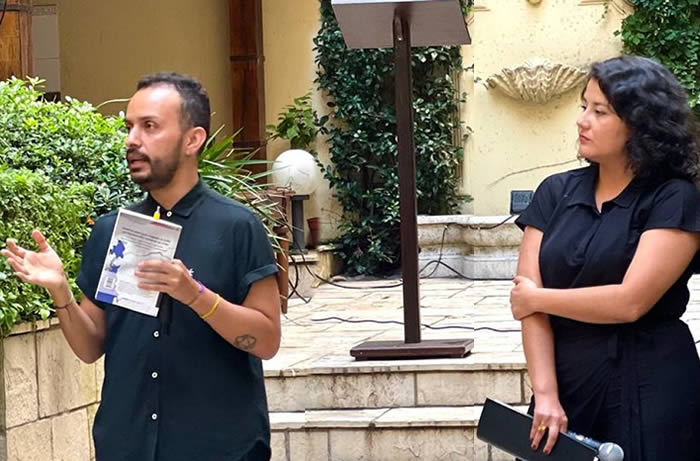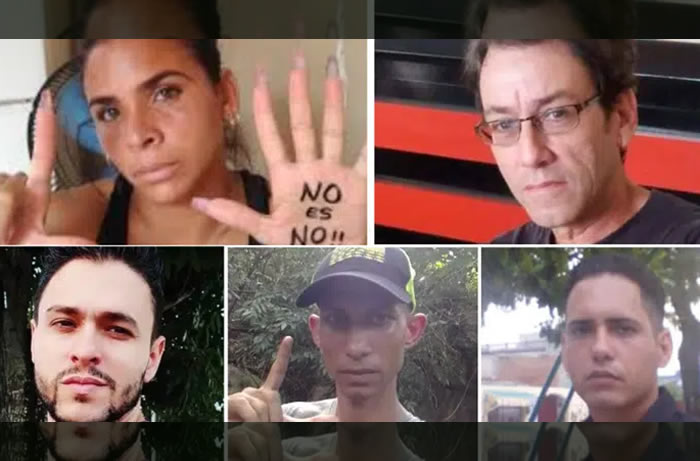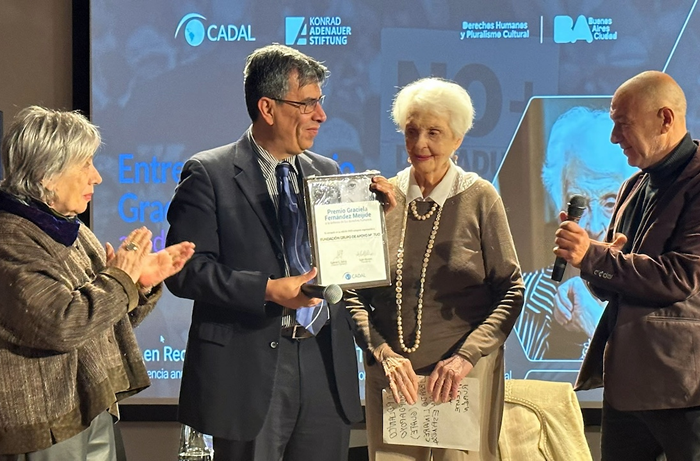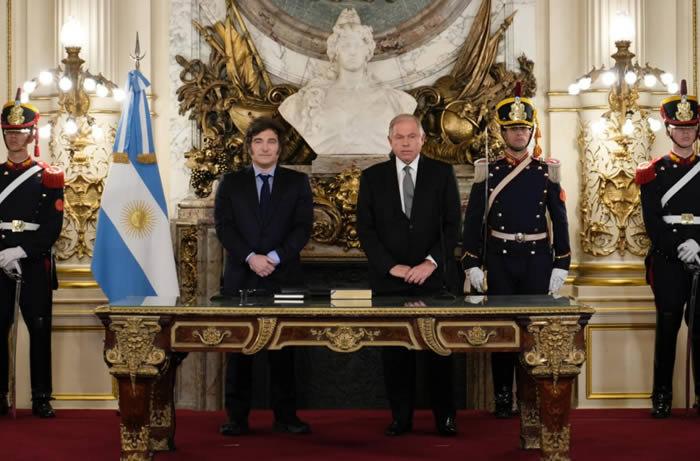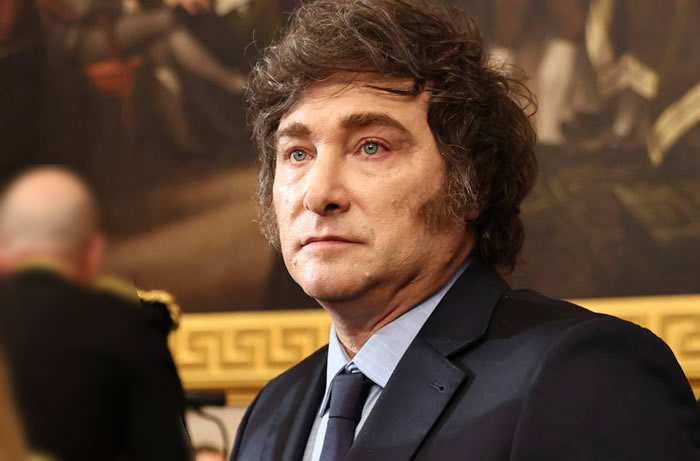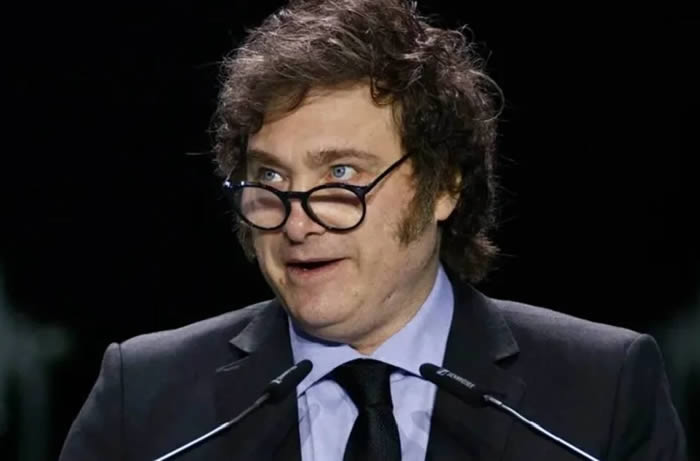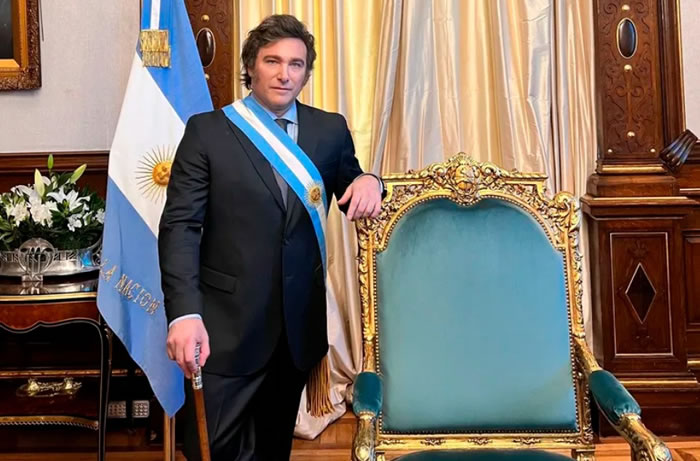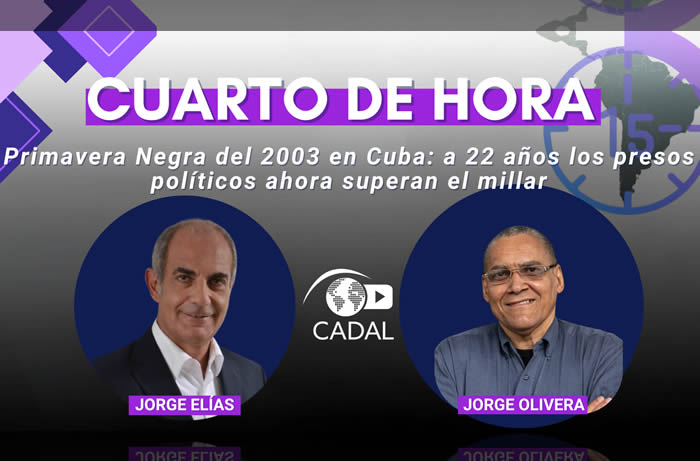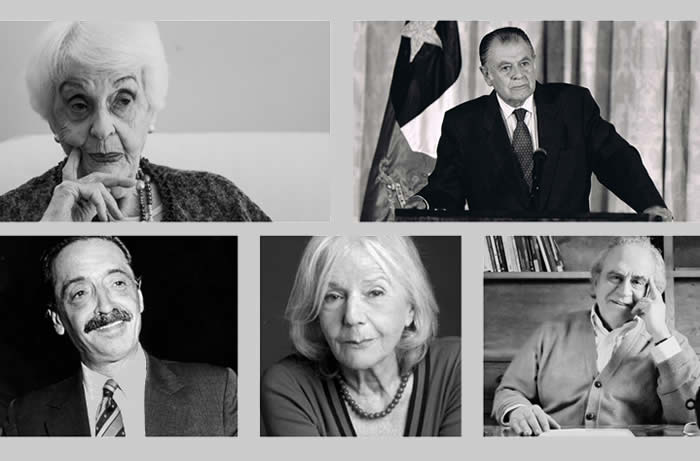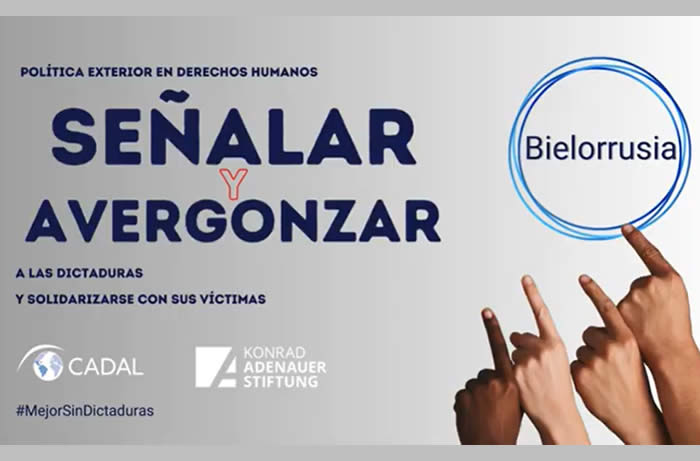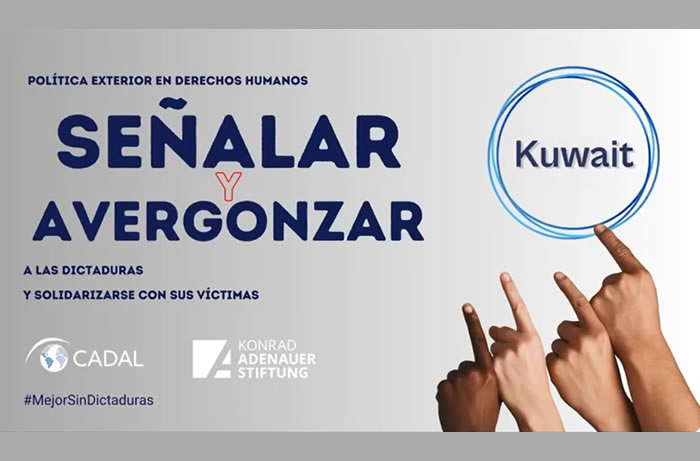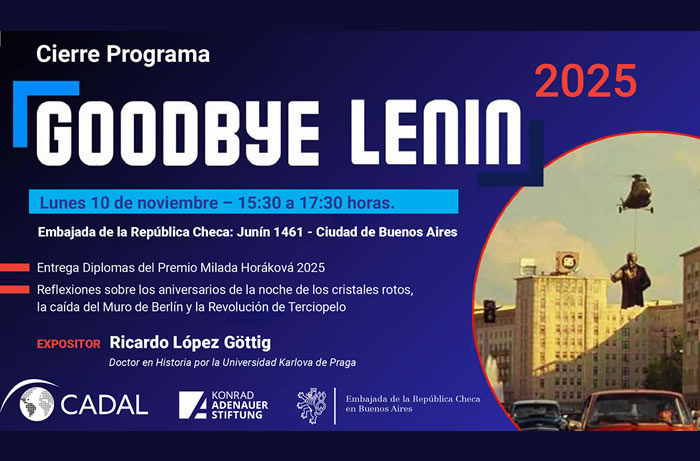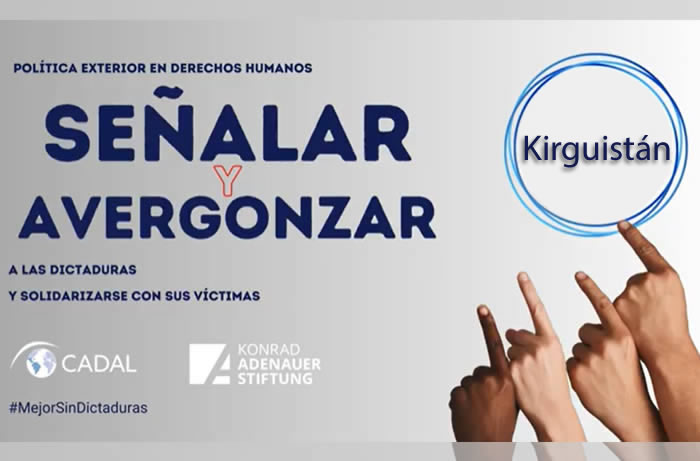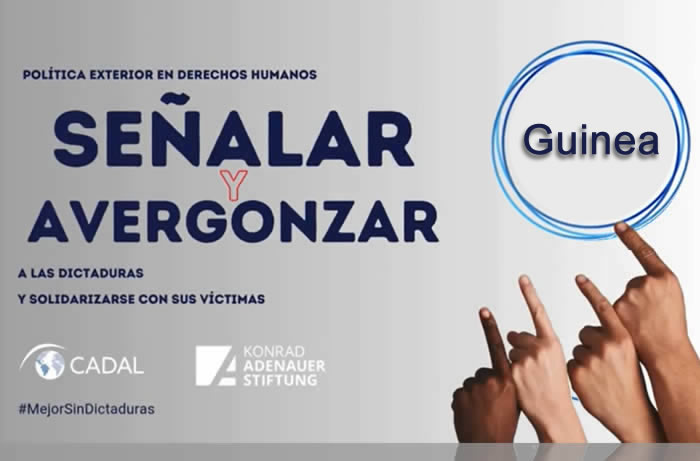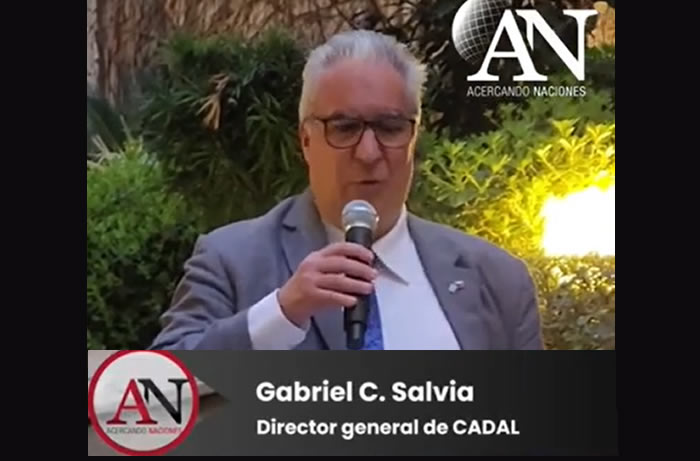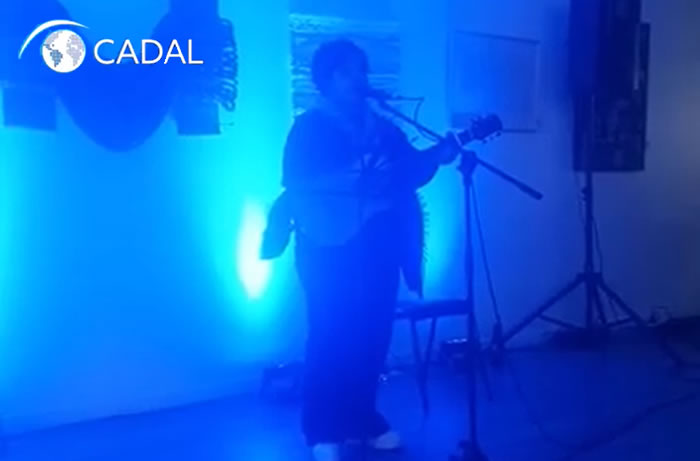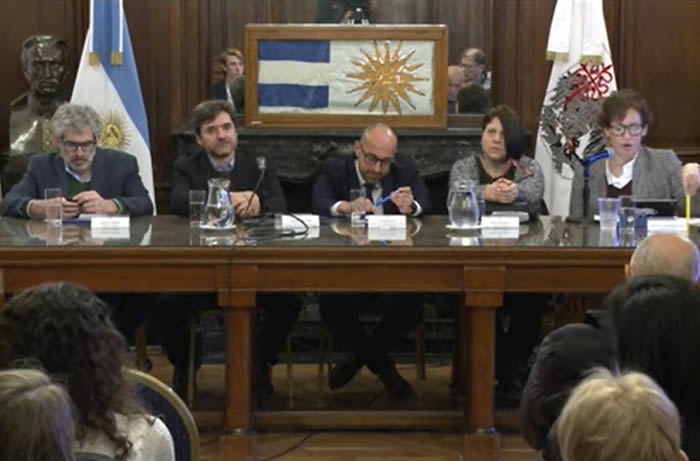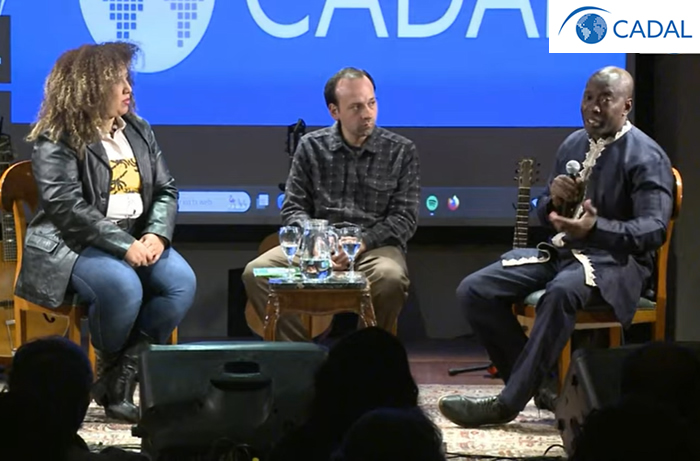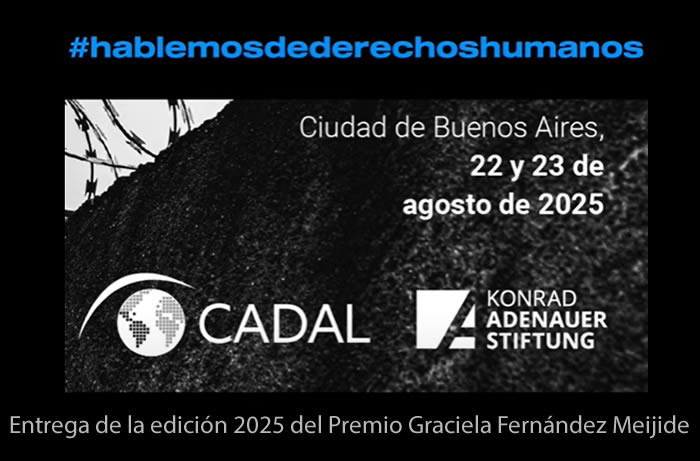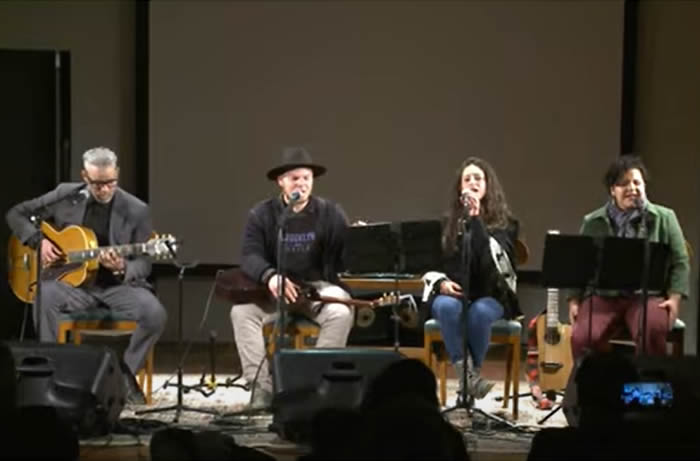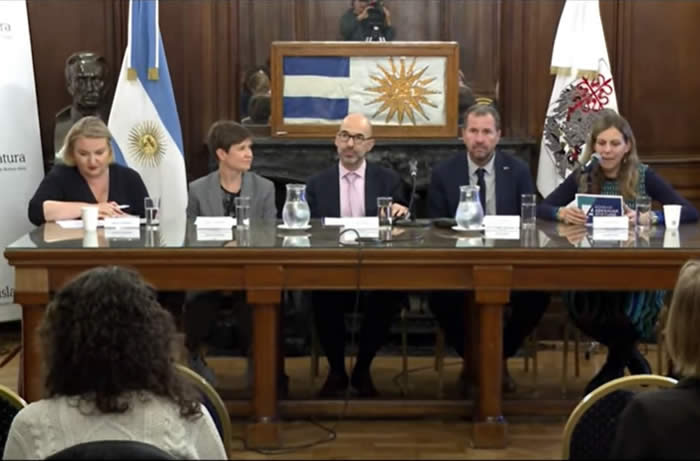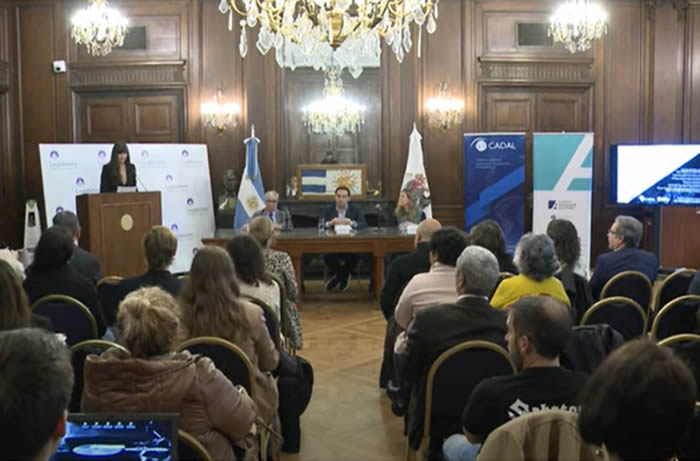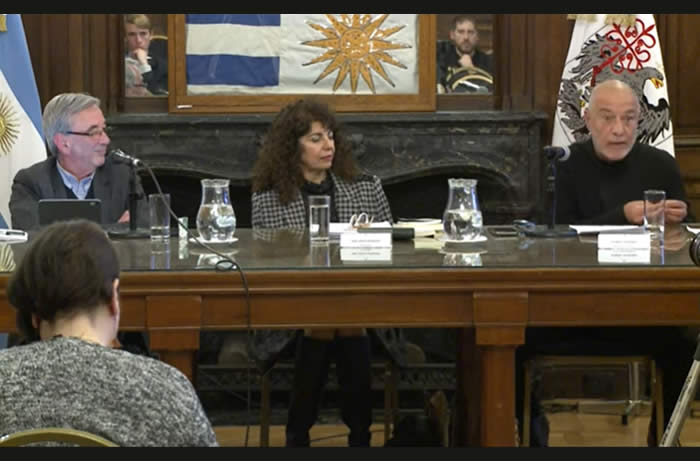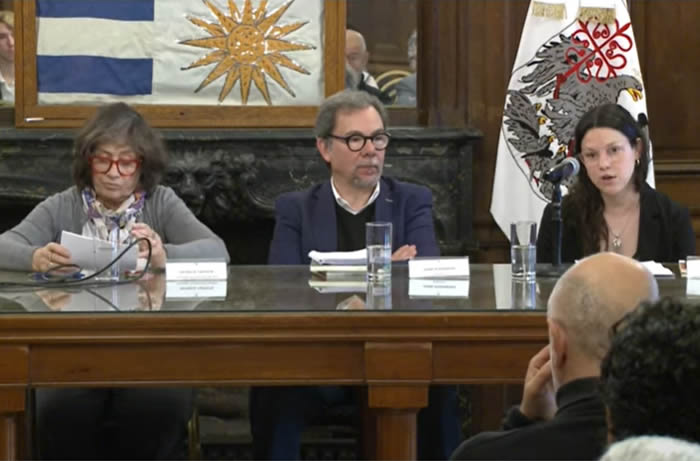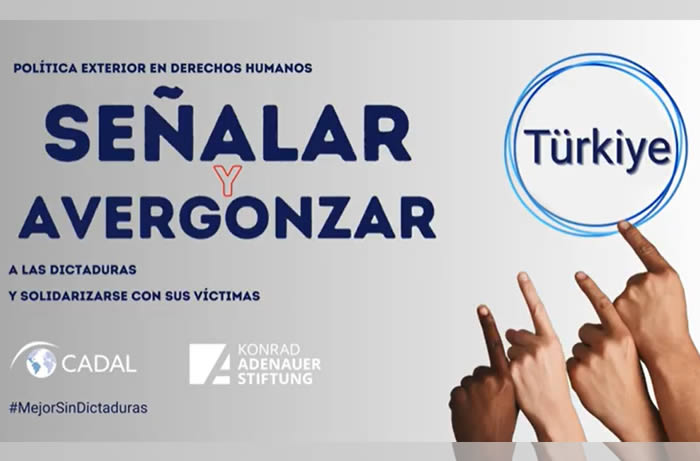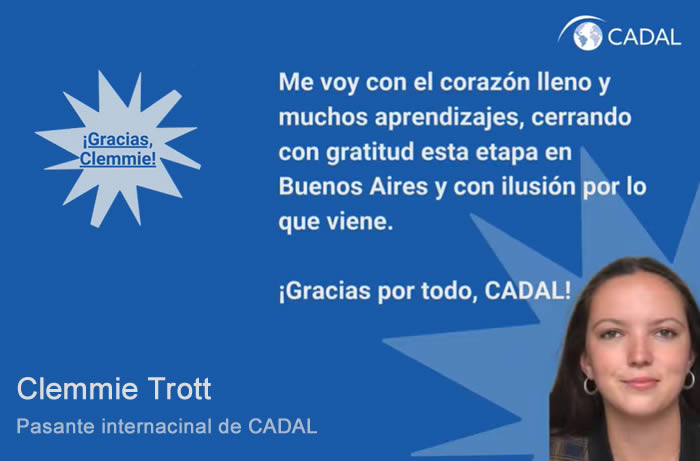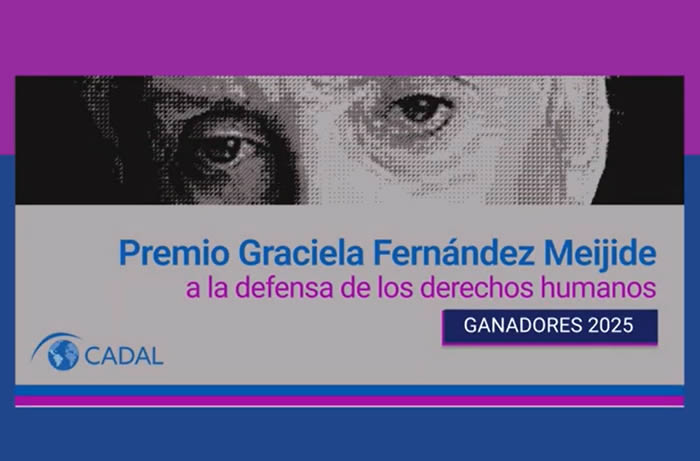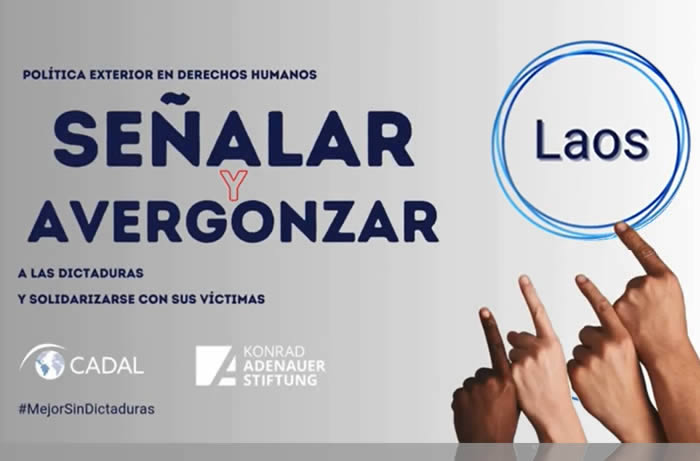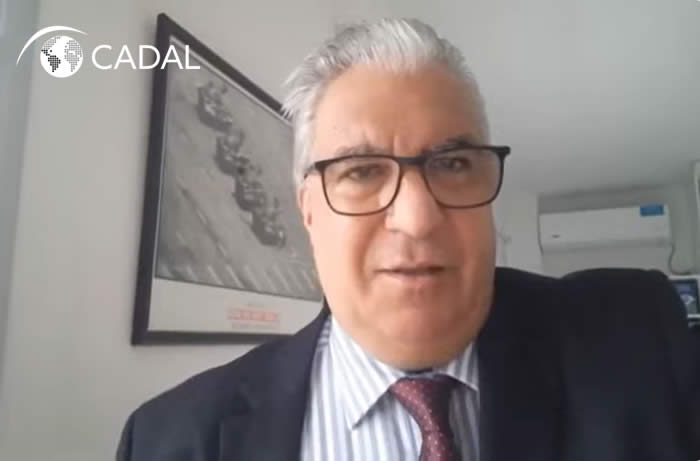Diálogo Latino Cubano
Promoción de la Apertura Política en Cuba
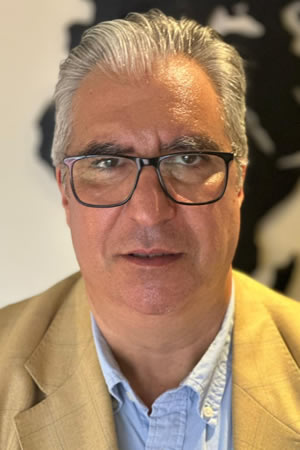 28-01-2018
28-01-2018Will the Venezuelan Condemnation of the Demands for Political Openness in Cuba Continue to Drag Out?
(The Global Americans ) The regional and international condemnation of the Venezuelan autocracy is a step in the right direction. However, to be transparent, this condemnation has to be extended to Cuba.Por Gabriel C. Salvia
(The Global Americans) Several governments announce that they will not recognize the authorities that emerge from the upcoming elections in Venezuela, given that Nicolás Maduro, successor of Hugo Chávez, is eliminating the rights to the political participation of the opposition.
The regional and international condemnation of the Venezuelan autocracy is a step in the right direction. However, to be transparent, this condemnation has to be extended to Cuba, where the single-party government of Raúl Castro will renew its authorities in April, after an electoral process is a violation of their law, as well as the Universal Declaration of Human Rights and the International Covenant on Civil and Political Rights.
The countries that make up the Lima Group in Latin America have adopted firm positions in the face of growing authoritarianism and state terrorism in Venezuela, however, are seemingly unaware of the responsibility that the Cuban government has had in Venezuela. First with Chávez and then with Maduro, and at the same time, that the ultimate goal of Chavism/Madurism is to become a closed dictatorship like the one that Castro established 59 years ago in the Caribbean.
In the case of Argentina, President Mauricio Macri has been a great protagonist in condemning the dictatorship of Nicolás Maduro, but so far he has not spoken about the lack of liberties in Cuba.
In statements quoted by Agence France Press, Macri said that "Maduro has taken hold of the whole region and the whole world, has generated optimism with arbitrations from leaders from all over the world, but the only thing he has done is continue to subjugate the human rights". He added, "now he [Maduro] says that there is going to be a new election, without opposition, and then he will say that he is a democratically elected president." Moreover, these statements by the Argentine president regarding Venezuela are also applicable to Cuba.
Current Peruvian President Pedro Pablo Kuczynski has invited Raúl Castro to the next Summit of the Americas in Lima. This occurred in light of his weakening political power. Perhaps the Summit is one of the reasons why the old Cuban military dictator extended his mandate at the head of the Council of State, as his successor was to be appointed in February.
In the case of Brazil, the Cuban government does not recognize the President of Brazil Michel Temer, which is evidenced by the fact that Itamaraty does not have an ambassador in Havana. Now is the right moment for the South American giant to take a firm stand against the Cuban dictatorship.
Finally, it will be necessary to see what the regional role of Sebastián Piñera will be when, on March 11, he assumes the presidency of Chile for the second time. The future holder of La Moneda has already given a signal by designating writer Roberto Ampuero as his Chancellor. It is nothing less than the author of the bestseller “Nuestros años verde olivo”.
In short, the claims of lack of democratic legitimacy to the Venezuelan government, such as its fraudulent elections and political realignments in much of South America, encourages Latin America, once and for all, to raise the voice of opposition on the absence of democracy and repression of fundamental freedoms in Cuba.
Gabriel C. Salvia is the General Director of the Center for the Opening and Development of Latin America (CADAL).
 Gabriel C. SalviaDirector GeneralActivista de derechos humanos enfocado en la solidaridad democrática internacional. En 2024 recibió el Premio Gratias Agit del Ministerio de Relaciones Exteriores de la República Checa. Es autor de los libros "Memoria, derechos humanos y solidaridad democrática internacional" (2024) y "Bailando por un espejismo: apuntes sobre política, economía y diplomacia en los gobiernos de Cristina Fernández de Kirchner" (2017). Además, compiló varios libros, entre ellos "75 años de la Declaración Universal de Derechos Humanos: Miradas desde Cuba" (2023), "Los derechos humanos en las relaciones internacionales y la política exterior" (2021), "Desafíos para el fortalecimiento democrático en la Argentina" (2015), "Un balance político a 30 años del retorno a la democracia en Argentina" (2013) y "Diplomacia y Derechos Humanos en Cuba" (2011), Sus columnas de opinión han sido publicadas en varios medios en español. Actualmente publica en Clarín, Perfil, Infobae y La Nación, de Argentina. Ha participado en eventos internacionales en América Latina, África, Asia, Europa, los Balcanes y en Estados Unidos. Desde 1992 se desempeña como director en Organizaciones de la Sociedad Civil y es miembro fundador de CADAL. Como periodista, trabajó entre 1992 y 1997 en gráfica, radio y TV especializado en temas parlamentarios, políticos y económicos, y posteriormente contribuyó con entrevistas en La Nación y Perfil.
Gabriel C. SalviaDirector GeneralActivista de derechos humanos enfocado en la solidaridad democrática internacional. En 2024 recibió el Premio Gratias Agit del Ministerio de Relaciones Exteriores de la República Checa. Es autor de los libros "Memoria, derechos humanos y solidaridad democrática internacional" (2024) y "Bailando por un espejismo: apuntes sobre política, economía y diplomacia en los gobiernos de Cristina Fernández de Kirchner" (2017). Además, compiló varios libros, entre ellos "75 años de la Declaración Universal de Derechos Humanos: Miradas desde Cuba" (2023), "Los derechos humanos en las relaciones internacionales y la política exterior" (2021), "Desafíos para el fortalecimiento democrático en la Argentina" (2015), "Un balance político a 30 años del retorno a la democracia en Argentina" (2013) y "Diplomacia y Derechos Humanos en Cuba" (2011), Sus columnas de opinión han sido publicadas en varios medios en español. Actualmente publica en Clarín, Perfil, Infobae y La Nación, de Argentina. Ha participado en eventos internacionales en América Latina, África, Asia, Europa, los Balcanes y en Estados Unidos. Desde 1992 se desempeña como director en Organizaciones de la Sociedad Civil y es miembro fundador de CADAL. Como periodista, trabajó entre 1992 y 1997 en gráfica, radio y TV especializado en temas parlamentarios, políticos y económicos, y posteriormente contribuyó con entrevistas en La Nación y Perfil.
(The Global Americans) Several governments announce that they will not recognize the authorities that emerge from the upcoming elections in Venezuela, given that Nicolás Maduro, successor of Hugo Chávez, is eliminating the rights to the political participation of the opposition.
The regional and international condemnation of the Venezuelan autocracy is a step in the right direction. However, to be transparent, this condemnation has to be extended to Cuba, where the single-party government of Raúl Castro will renew its authorities in April, after an electoral process is a violation of their law, as well as the Universal Declaration of Human Rights and the International Covenant on Civil and Political Rights.
The countries that make up the Lima Group in Latin America have adopted firm positions in the face of growing authoritarianism and state terrorism in Venezuela, however, are seemingly unaware of the responsibility that the Cuban government has had in Venezuela. First with Chávez and then with Maduro, and at the same time, that the ultimate goal of Chavism/Madurism is to become a closed dictatorship like the one that Castro established 59 years ago in the Caribbean.
In the case of Argentina, President Mauricio Macri has been a great protagonist in condemning the dictatorship of Nicolás Maduro, but so far he has not spoken about the lack of liberties in Cuba.
In statements quoted by Agence France Press, Macri said that "Maduro has taken hold of the whole region and the whole world, has generated optimism with arbitrations from leaders from all over the world, but the only thing he has done is continue to subjugate the human rights". He added, "now he [Maduro] says that there is going to be a new election, without opposition, and then he will say that he is a democratically elected president." Moreover, these statements by the Argentine president regarding Venezuela are also applicable to Cuba.
Current Peruvian President Pedro Pablo Kuczynski has invited Raúl Castro to the next Summit of the Americas in Lima. This occurred in light of his weakening political power. Perhaps the Summit is one of the reasons why the old Cuban military dictator extended his mandate at the head of the Council of State, as his successor was to be appointed in February.
In the case of Brazil, the Cuban government does not recognize the President of Brazil Michel Temer, which is evidenced by the fact that Itamaraty does not have an ambassador in Havana. Now is the right moment for the South American giant to take a firm stand against the Cuban dictatorship.
Finally, it will be necessary to see what the regional role of Sebastián Piñera will be when, on March 11, he assumes the presidency of Chile for the second time. The future holder of La Moneda has already given a signal by designating writer Roberto Ampuero as his Chancellor. It is nothing less than the author of the bestseller “Nuestros años verde olivo”.
In short, the claims of lack of democratic legitimacy to the Venezuelan government, such as its fraudulent elections and political realignments in much of South America, encourages Latin America, once and for all, to raise the voice of opposition on the absence of democracy and repression of fundamental freedoms in Cuba.
Gabriel C. Salvia is the General Director of the Center for the Opening and Development of Latin America (CADAL).

